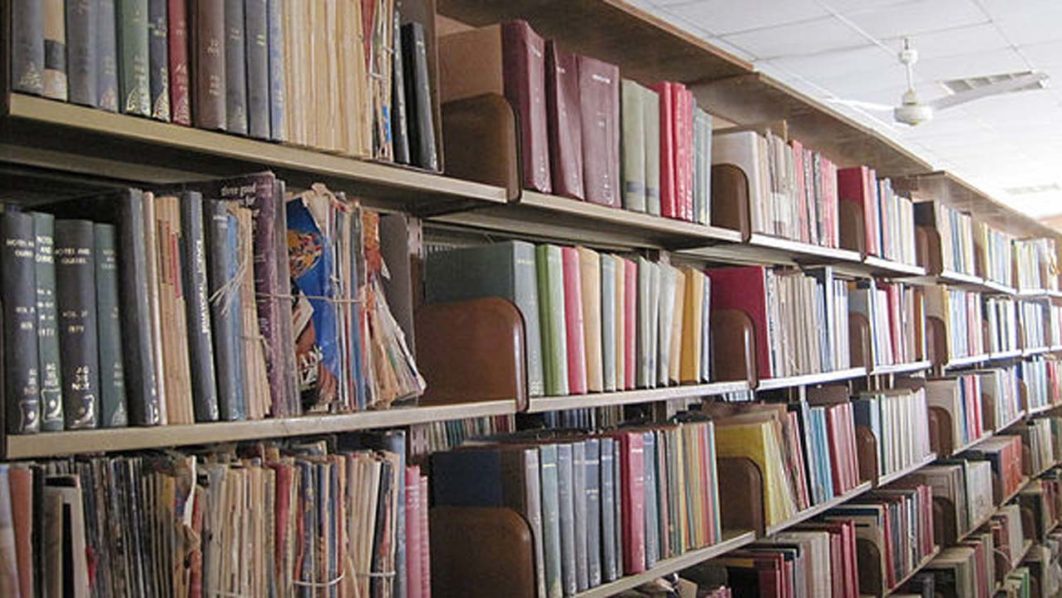
Continued from yesterday
Despite all the infallible argument for a better reading culture encouraged by the establishment of the required infrastructure- convenient public and home libraries, reading materials, trained librarians – Nigerians are generally not interested to read.
Professor of Library and Information Science and a former National Librarian, Lenrie Aina, noted in March this year that the World Culture Statistics that measures reading habits of countries listed only two African countries, namely: Egypt and South Africa, with significant reading culture. Nigeria is rated in the lowest category of countries with a reading culture.
Reading enthusiast, Komolafe Ajayi, is reported to have conducted a ‘social experiment’ that found that 90 per cent of youths surveyed prefer to be given 10GB of mobile data than a book worth N5,000. This is a social danger because, as a News Agency of Nigeria (NAN) report in late March this year stated, ‘educationists warn that poor reading culture is depriving the younger generation of becoming well-rounded individuals who can think critically and analytically.’ On the other hand, says NAN, a habit of reading improves the capacity to focus, increases attention span, increases general knowledge of the world around us, and teaches ‘critical life skills.’
READ ALSO: Lawyer demands Speed Darlington’s bail after one week in detention
The view is abroad that a higher literacy level in society may not correlate with a higher reading culture. Some say that Nigerians in the 1930s to the 1960s (when literacy level in the country was much lower) were more avid readers who consumed such materials as Reader’s Digest, the enduring works of Shakespeare, Bertrand Russell, Thomas Paine and other writers, than do the later generations.
But the point must be made that in those days, the homes of literate parents had book cases richly stocked with interesting reading materials. And newspapers as well as popular magazines were available and much more affordable to the generality of Nigerians, at the time. This, itself, encouraged a reading attitude in the home.
Former President Olusegun Obasanjo, who initiated the construction of the national library, waxed brilliant that ‘the vision for a purpose-built state-of-the-art national library…is a critical necessity for our country.’ He added: ‘It represents a physical and functional commitment to our collective belief in the transformative power of knowledge in our lives and in societies’… a beacon of literacy and learning, a hub of cultural preservation, and a global symbol of Nigeria’s commitment to education and innovation.’ We cannot agree more. It is unfortunate he left unfinished what he began. The cost to conclude the project now can only be left to imagination.
Libraries, as knowledge infrastructure, are strong instruments to foster the reading culture in society. The innate desire to know, the thirst for knowledge of the inquisitive man can only be assuaged by the availability of reading materials to satisfy these needs. Well-equipped and conveniently located libraries are on a personal level, an absolute necessity for general interest readers, specific topic researchers, rarefied philomaths, and epistemophiles.
The National Librarian suggested a National Reading Day and the enforcement of the Library Hour as provided for in the National Policy on Education. We cannot agree more. Indeed, Sub-section 127 of the policy, revised and in place since 2013, admits that ‘the library is at the heart of the education enterprise and one of the most important educational services.’ ‘States/FCT, Local Governments, as well as proprietors of schools shall establish functional libraries in accordance with established standards and actively promote reading culture in all their educational institutions.’ Furthermore, ‘weekly library period shall be part of the school curriculum, to aid learning activities.’ These are very good policy statements. Unfortunately, like almost every other laudable government ‘deliberate system of guidelines to guide decisions and achieve rational outcomes’, these too are dying from ‘implementation disease.’
The unfinished business of the National Library is a metaphor for the unfinished business to build Nigeria into an excellently fit-for-purpose nation of nations.
Incumbent Nigerian President, Bola Ahmed Tinubu promises in his 80-page ‘Action Plan for A Better Nigeria’ election campaign document, to reform the education sector ‘based on three objectives’ that include investing ‘in the infrastructure of our educational institutions and provide adequate resources that improve the educational environment in which our children are taught.’ Very well said. It is also hereby suggested that the knowledge infrastructure needs to be expanded to intellectually empower the rest of the citizens who are not in the four walls of schools. For, as the President correctly wrote, ‘enlightened minds [form] an essential pillar of development.’
A noteworthy place to begin is to, during his tenure, even expand, complete, and put to purposeful use the National Library project as a befitting national homage to, as Obasanjo said, the power of knowledge to transform society for good. There has to be provision for this in the humongous borrowing-assisted federal budgets. By so doing, Tinubu will conclude one aspect in the unfinished business of the Nigeria project.
That may pave the way for the more fundamental national assignment of how to provoke the interest of Nigerians, particularly young Nigerians, in embracing a reading culture. Only when Nigerians read can they benefit from the immense advantages of reading, already outlined. And the returns will be most useful first for themselves, and ultimately for the country.
Concluded.






